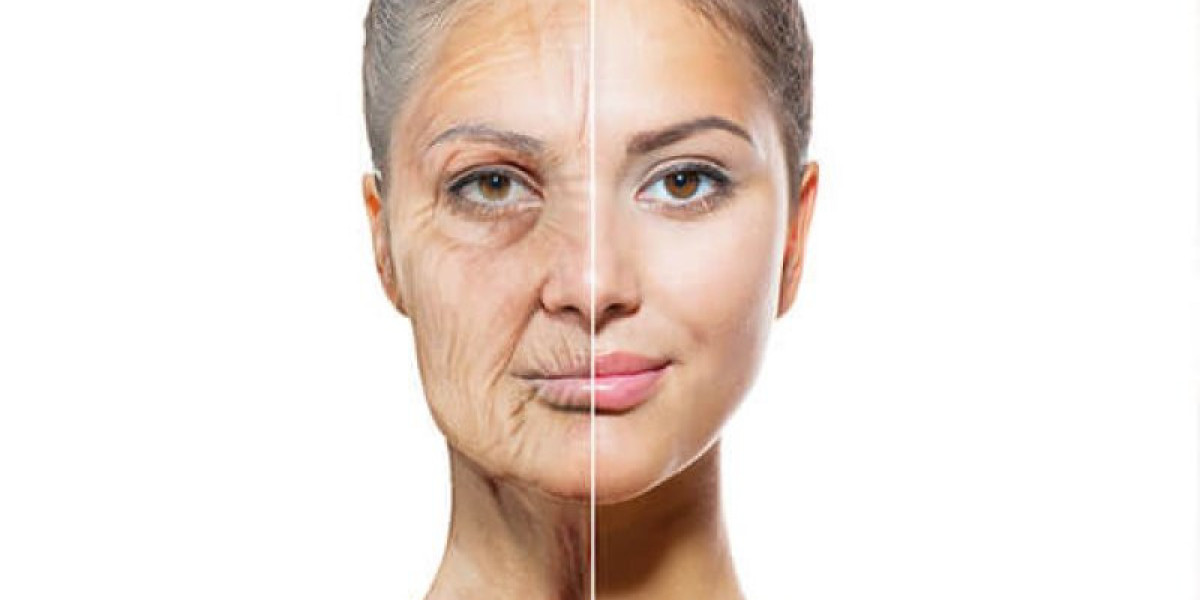Introduction
The anti-ageing products market has witnessed significant growth in recent years, driven by a combination of factors such as rising consumer awareness, advancements in skincare technology, and an increasing global ageing population. As more people prioritize youthful appearances and healthier skin, companies within this sector must adopt winning strategies to remain competitive and capture market share. This article explores key strategies that have proven successful in the anti-ageing products market.
Understanding Consumer Demands
Consumer behavior in the anti-ageing segment has evolved with growing awareness about skincare ingredients and their long-term effects. Today’s customers seek products that are backed by scientific research, free from harmful chemicals, and offer multiple benefits beyond just reducing wrinkles. Companies that align their offerings with these consumer expectations have a better chance of success.
Key Consumer Trends:
Natural and Organic Products: The shift toward natural and organic skincare has been profound. Consumers are avoiding synthetic ingredients and preferring botanical extracts, essential oils, and naturally derived compounds.
Personalized Skincare Solutions: With advancements in AI and data analytics, companies are offering personalized skincare solutions that cater to specific skin types and concerns.
Sustainability: Eco-conscious consumers are choosing brands that use sustainable packaging and ethical sourcing practices.
Multi-functional Products: Anti-ageing products that serve multiple purposes, such as hydration, sun protection, and collagen boosting, are gaining popularity.
Innovation in Ingredients and Formulation
The success of anti-ageing products often depends on the effectiveness of their ingredients. Companies are investing in research and development (R&D) to formulate products with clinically proven ingredients that enhance skin health.
Trending Anti-Ageing Ingredients:
Retinol and Retinoids: These Vitamin A derivatives are well-known for their effectiveness in reducing fine lines, wrinkles, and improving skin texture.
Hyaluronic Acid: A powerhouse ingredient for hydration, hyaluronic acid helps plump the skin and reduce signs of ageing.
Peptides: These amino acid compounds boost collagen production and improve skin elasticity.
Antioxidants (Vitamin C & E): Protecting the skin from free radicals, antioxidants help in reducing pigmentation and preventing premature ageing.
Niacinamide: This vitamin B3 derivative offers multiple benefits, including reducing redness, strengthening the skin barrier, and improving overall skin tone.
Leveraging Technological Advancements
Technological innovations have transformed the skincare industry. Companies are leveraging cutting-edge technology to enhance the effectiveness and consumer experience of anti-ageing products.
Key Technological Innovations:
AI-Powered Skin Analysis: Brands are using artificial intelligence to analyze consumers' skin conditions and recommend tailored skincare regimens.
Biotechnology: Advances in biotech have led to the development of lab-engineered ingredients like bio-retinol and plant stem cells, offering sustainable and effective anti-ageing solutions.
Delivery Systems: Encapsulation technologies such as liposomes and nanoparticles allow for deeper penetration of active ingredients into the skin, enhancing efficacy.
Smart Skincare Devices: Devices that enhance the penetration of anti-ageing serums, such as LED therapy masks and microcurrent tools, are becoming popular.
Strategic Marketing Approaches
Effective marketing plays a critical role in the success of anti-ageing products. Brands need to develop compelling strategies to reach their target audience and establish credibility in the market.
Winning Marketing Strategies:
Influencer Collaborations: Partnering with dermatologists, skincare experts, and beauty influencers helps brands reach a wider audience and gain trust.
Educational Content: Providing detailed information about ingredients, benefits, and product usage through blogs, videos, and social media helps educate consumers and drive sales.
User-Generated Content: Encouraging customers to share before-and-after results and testimonials increases credibility and boosts engagement.
Personalized Marketing: Utilizing customer data to send personalized recommendations and targeted ads enhances consumer experience and retention.
Retail and E-commerce Integration: A strong omnichannel presence, combining in-store experiences with digital marketing, ensures wider market reach.
Expanding into Emerging Markets
While the anti-ageing market is well-established in North America and Europe, emerging markets in Asia-Pacific, Latin America, and the Middle East are becoming lucrative. Companies should focus on localized strategies to tap into these markets.
Key Considerations for Expansion:
Cultural Preferences: Understanding regional skincare routines and beauty standards is crucial for product acceptance.
Affordability & Accessibility: Offering a range of products at different price points ensures that a broader audience can access the brand.
Regulatory Compliance: Adhering to local regulations and skincare standards is essential for successful market entry.
Strategic Partnerships: Collaborating with local influencers, retailers, and distributors helps build brand credibility and customer trust.
Focus on Sustainability and Ethical Practices
Sustainability has become a key factor influencing consumer decisions in the anti-ageing market. Brands that adopt environmentally friendly and ethical practices are more likely to resonate with modern consumers.
Sustainable Practices in Anti-Ageing Products:
Eco-Friendly Packaging: Using biodegradable, recyclable, or refillable packaging reduces environmental impact.
Cruelty-Free and Vegan Formulations: Many consumers prefer brands that do not test on animals and use plant-based ingredients.
Ethical Sourcing: Ensuring fair trade and sustainable ingredient sourcing fosters brand integrity and consumer loyalty.
Carbon Footprint Reduction: Implementing sustainable manufacturing processes and reducing emissions contribute to a greener industry.
Conclusion
The anti-ageing products market is thriving, but to achieve long-term success, brands must adopt innovative, customer-centric, and sustainable strategies. Understanding consumer demands, leveraging advanced ingredients and technology, implementing effective marketing techniques, and expanding into emerging markets will be key differentiators in this competitive space. As the industry evolves, companies that stay ahead of trends and prioritize transparency, efficacy, and sustainability will continue to dominate the market.
Get More Details :
| https://www.pristinemarketinsights.com/anti-ageing-products-market-report |









